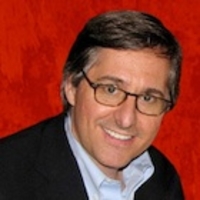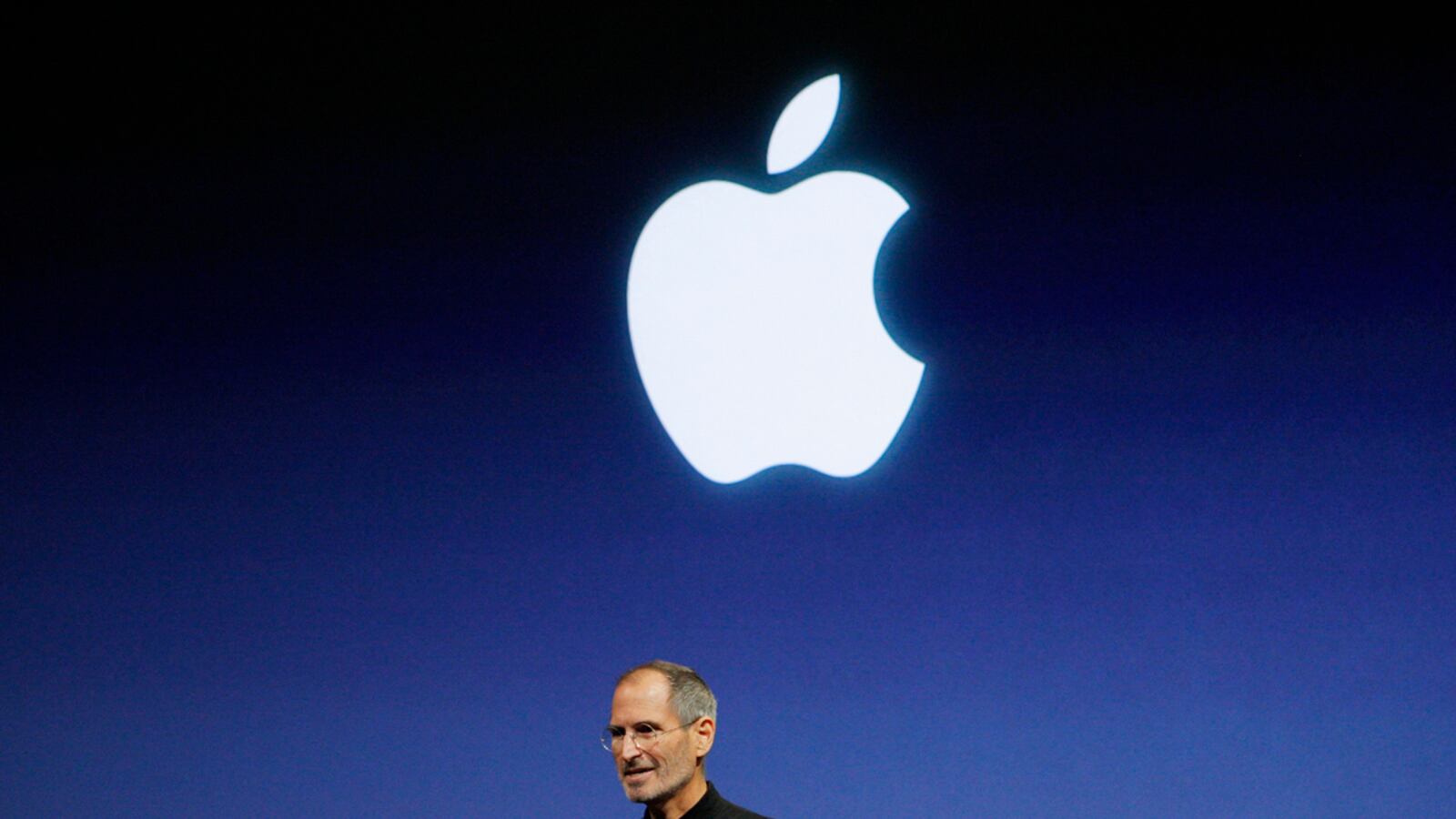Here’s a story that gives you a little idea of what it would be like to work for Steve Jobs. I call it the story of the rude engineer. It was told to me by a friend of the Apple engineer involved.
Filling in for his boss, who was out of town, the engineer attended a meeting with another group inside Apple. Those guys showed the engineer what they were working on, and instead of responding politely, the engineer lashed into them, shredding their ideas and telling the vice president in charge of the project that his team’s work was utter crap.
The VP complained to Steve Jobs, who summoned the engineer and his boss (now returned) to a meeting with the offended party. “So what’s this all about?” Jobs demanded. The engineer went to the whiteboard and launched into another brutal attack. Jobs listened, then pushed back from his desk. “This man,” he said, “deserves a fucking medal. Disband your team.”
A week later, the rude engineer got a call from the director of human relations. He figured this was it—he’d been canned for being obnoxious. When he arrived at the HR department, he was presented with a box from Jobs. Inside was a gold medal on a ribbon, inscribed with the words “FUCKING MEDAL.”
That’s the kind of CEO Steve Jobs was. That’s why a lot of people adored him, even though he could be an incredibly difficult and demanding boss. And it’s why he will be impossible to replace.
But nobody in Silicon Valley seems to believe that Apple’s glory days are behind it now that Jobs has stepped aside. They say Jobs has imprinted his DNA into Apple so thoroughly that his presence will be felt for decades to come. As Tim Cook, Apple’s new CEO, wrote in an email to employees, “Apple is not going to change.”

Investors seemed remarkably unfazed by the news. While conventional wisdom had been that Apple’s stock would be hit hard if and when Jobs stepped down, shares fell only about $3, or less than 1 percent, on Thursday, the day after his resignation.
Still, it’s hard to imagine that you could remove a singular genius like Jobs and not feel his absence. Cook isn’t a product visionary like Jobs, nor is he a fabulous showman. Don’t expect to see him wowing audiences with charismatic keynote speeches.
“For the next year or two they have a roadmap, and they’ll be fine," says Ken Segall, a veteran advertising executive who worked closely with Jobs during his time at NeXT Computer and at Apple. "But after that they will be in new territory. I think you’ll have three people in a room arguing about what Steve would do.”
Segall argues you can already notice ways in which Apple has lost some attention to detail in the past year, as Jobs has stepped away due to his health problems. Segall cites aspects of the new version of OS X, called Lion, that fall short of the aesthetic vision you’d expect from Jobs. “Things like the new calendar and address book—knowing Steve, I can’t believe he would have approved those things. And I can’t believe that people who understand Steve’s values would put stuff like that out into the world.”
The risk going forward is that more stuff like that could slip into Apple’s products—that, little by little, a kind of messiness might eat away at the edges. And over time these small problems could start to accumulate.
But Apple watchers insist the company can remain magical. For one thing, Jobs will continue to be involved with product development, in a new role as chairman of the board. For another, Jobs knew this day was coming, and many observers believe he has spent the last few years shaping the company’s future with the same kind of relentless obsession that he brings to the design of a new iPad or iPhone.
Certainly, Jobs could not have left the company in better shape. Its iMac and MacBook personal computers are gaining market share. The iPhone remains a smash hit. The iPad is the only tablet computer that matters. “Apple is better positioned today than any company in America,” says Roger McNamee, head of Elevation Partners, a venture capital firm in Silicon Valley. “Its advantages today are analogous to IBM’s in the era of the mainframe.” McNamee says Apple has such a huge lead on its rivals that “it would take the company years to blow it.”
One of McNamee’s partners at Elevation is Fred Anderson, former chief financial officer at Apple, who worked closely with Jobs and Cook and knows both men well. Anderson believes Cook will be a terrific CEO. “I think they have the product roadmap baked for the next 18 to 24 months, and Tim knows how to execute. So for two years they’ll be fine,” he says. After that, “the question will be: what is the next big product? Tim is going to need people within the organization to step up.”
One thing nobody seems to be considering is that in some ways Apple might actually benefit from not having Jobs so involved in every little detail of day-to-day life. “The truth is, Steve being there created other problems,” says one former Apple executive, who asked not to be named.
According to this executive, Cook has better people skills than Jobs, and is more flexible. He’s more even-tempered, less prone to tantrums and outbursts. Also, because Jobs insists on being involved in all products that Apple ships, he ends up becoming a bottleneck. Products that aren’t high on Jobs’s list of priorities, like Apple TV, tend to languish. Without Jobs leaning over their shoulders, the teams working on those products might now get more done. (They might also get sloppy, however.) Also, in a post-Jobs era the Apple board might also be more inclined to consider doing something with the company’s $75 billion cash hoard, like pay a dividend or buy back shares—things that Jobs has adamantly refused to consider, the former executive says.
A current Apple employee says the mood on campus is somber. Most people are proud to have been part of Apple during what has been, by any measure, an incredible run of success and creativity. They believe that Apple remains filled with brilliant people who are capable of carrying on the work that Jobs began. They keep reminding themselves that Jobs is not dead, even while they dread what may happen next. Says the insider: “We are all a ball of mixed emotions. And now we are all a little unsure where things will go in the years down the road.”






